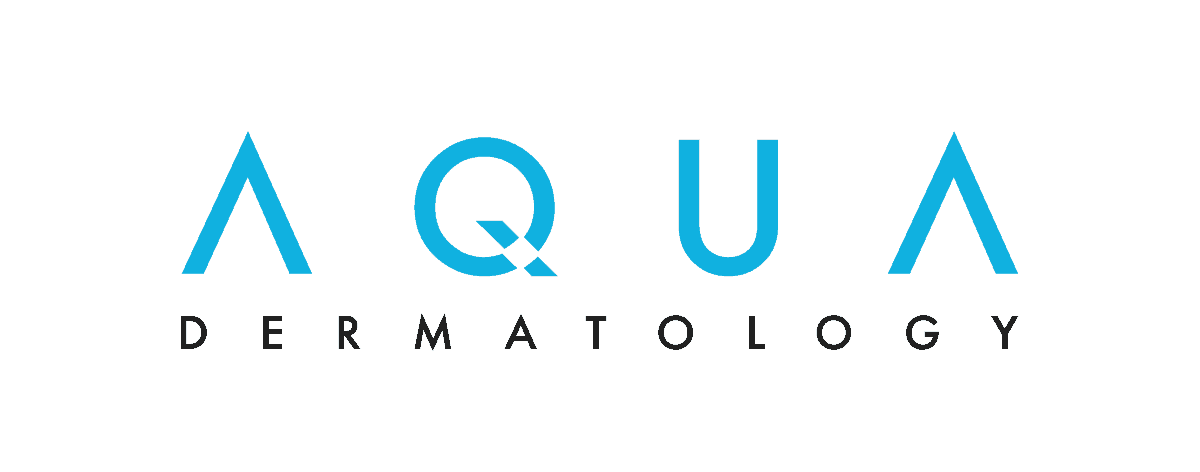Let’s face it — it’s easy to talk about acne treatments, prevention, and causes simply because it’s such a widespread issue. But acne isn’t the only serious skin problem that your local dermatologist is capable of treating, and it certainly isn’t the only common skin condition that people deal with on a daily basis.
With that in mind, let’s take a quick break from talking about acne, and instead, look at a few other skin-related conditions that can be treated by your local dermatologist:
- Psoriasis: About 7.5 million Americans are currently living with psoriasis, which is a chronic skin condition related to immune system dysfunction. Psoriasis flare-ups typically include flaking, inflammation, or red patches of skin. More than just a patch of dry skin, psoriasis may require prescription-strength topical creams, pills, injections, or even light therapy (phototherapy) to treat.
- Eczema:Eczema is another chronic skin condition that is sometimes linked to immune system disorders, but also to genetics. This condition doesn’t allow moisture to absorb into the skin and it leads to patches of itchy, dry, red, and irritated skin.
- Rosacea: Named for the bright red color that an affected area of skin will turn, rosacea typically appears on the face on the cheeks, chin, and/or nose. This sometimes causes breakouts that look like normal acne, but it might also just cause patches of skin to turn a bright reddish color.
- Varicose veins and spider veins: There are a variety of reasons why people develop varicose veins, ranging from genetics to having a profession that involves a lot of standing. Pain and cramping in the legs accompanies twisted, raised veins that are very visible through the skin. There are many varicose vein treatment options, including laser treatments, injections, and small lifestyle changes that may alleviate the pain and cramping associated with this problem.
- Warts: These are very common growths on skin, most often affecting children. Warts are noncancerous and usually don’t hurt. Nevertheless, warts are still caused by a virus and can spread from person to person, and it’s not hard at all to treat. Cryotherapy is probably the most common treatment for benign growths on the skin and it uses a freezing agent, like liquid nitrogen or carbon dioxide, to remove the growth.
See, your local dermatologist treats tons of conditions that aren’t related to acne at all! Luckily, there are plenty of treatments available for these conditions which are affordable, safe, and simple.





